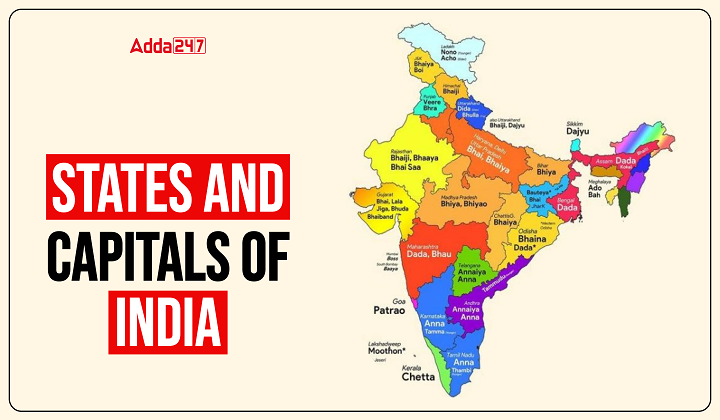Understanding New Delhi: The Capital of India

The Importance of New Delhi
New Delhi, the capital of India, plays a vital role in the nation’s administrative and political framework. It represents the heart of Indian governance and serves as a hub for both domestic and international diplomacy.
Geographical and Historical Context
Located in the northern part of India, New Delhi was officially declared the capital in 1931 during British rule. The city was designed by British architects Sir Edwin Lutyens and Sir Herbert Baker, blending colonial architecture with Indian traditions. New Delhi is part of the larger National Capital Territory (NCT) of Delhi, which is one of the most populous urban areas in the world.
Government Functionality
As the seat of the Indian government, New Delhi houses various key institutions, including the Rashtrapati Bhavan (Presidential Residence), Parliament House, and the Supreme Court of India. The city is central in shaping national policies and governance. The Prime Minister’s office and various ministries are also located here, making it a pivotal centre for decision-making.
Cultural Heritage and Attractions
New Delhi is not just the political capital; it is a melting pot of cultures. The city is known for its rich history, reflected in its numerous monuments and sites, such as India Gate, Qutub Minar, and Humayun’s Tomb, which are UNESCO World Heritage Sites. Moreover, traditional markets like Chandni Chowk offer a glimpse into India’s vibrant culture.
Challenges and Development
Despite its significance, New Delhi faces numerous challenges, including urban crowding, pollution, and infrastructure development. The government has been implementing various urban planning initiatives to improve living conditions, public transport systems, and environmental quality. Projects like the Delhi Metro expansion aim to provide sustainable transport solutions.
Conclusion: A City of Tomorrow
As New Delhi continues to grow, its role as the capital of India remains crucial. The city’s potential for development and cultural significance ensures that it will remain a focal point for both the nation’s governance and its diverse societal fabric. Looking ahead, combined efforts from the government and citizens aim to make New Delhi a model city for future generations.







